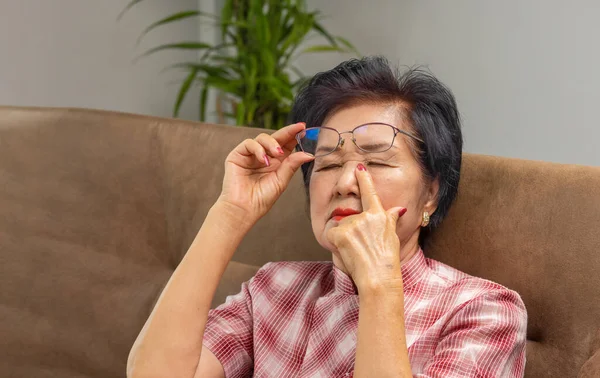Eye twitching, a common yet often perplexing phenomenon, can leave many wondering about its causes and remedies. While it may seem trivial, understanding the underlying reasons for this involuntary movement can provide peace of mind and effective solutions. This article explores what happens during eye twitching, outlines seven potential triggers, and discusses when it might be time to seek medical advice.

What Actually Happens When Your Eye Is Twitching?
Eye twitching, medically known as myokymia, involves involuntary spasms of the eyelid muscles. These spasms can affect either the upper or lower eyelid and typically occur without warning. The exact mechanisms behind these twitches are not fully understood, but they are believed to stem from irregular signals in the brain that affect the facial muscles.
During a twitch, the eyelid may flutter or blink uncontrollably, which can last from a few seconds to several minutes. Although these spasms are usually harmless and self-limiting, they can be bothersome and distracting. In more severe cases, such as benign essential blepharospasm, the spasms may lead to significant eyelid closure, impacting daily activities like reading or driving.
7 Reasons Your Eye Is Twitching
Understanding the various triggers of eye twitching can help in managing and preventing episodes. Here are seven common reasons:
- Stress: High levels of stress can lead to muscle tension and spasms. The body’s response to stress often manifests physically, including in the eyelids.
- Fatigue: Lack of sleep or prolonged periods of exhaustion can disrupt neurotransmitter function in the brain, leading to involuntary muscle movements.
- Caffeine Consumption: Excessive intake of caffeine acts as a stimulant that can cause muscle twitching throughout the body, including the eyes.
- Eye Strain: Prolonged screen time or focusing on tasks without breaks can strain the eye muscles, triggering spasms.
- Dry Eyes: Insufficient moisture in the eyes can lead to irritation and subsequent twitching as a reflex response.
- Nutritional Deficiencies: A lack of essential nutrients—especially magnesium—can contribute to muscle spasms.
- Medications: Certain medications, particularly stimulants or those affecting the nervous system, may have side effects that include eye twitching.
When to Worry About Eye Twitching

While most cases of eye twitching are benign and resolve on their own, there are circumstances where medical attention is warranted. You should consider consulting a healthcare professional if:
- The twitching persists for more than a week.
- You experience additional symptoms such as drooping eyelids, swelling around the eyes, or changes in vision.
- The spasms affect other areas of your face or body.
- You have a history of neurological disorders or other serious medical conditions that could be related.
In summary, while eye twitching is often linked to lifestyle factors such as stress and fatigue, it can occasionally signal underlying health issues. By identifying potential triggers and implementing simple lifestyle changes—such as reducing caffeine intake, ensuring adequate rest, and managing stress—you can alleviate many instances of this common condition. If symptoms persist or worsen, seeking professional advice is always a prudent step.
Also Read | How Dr. Sandra Lee Manages Eczema: Expert Tips and Home Remedies









